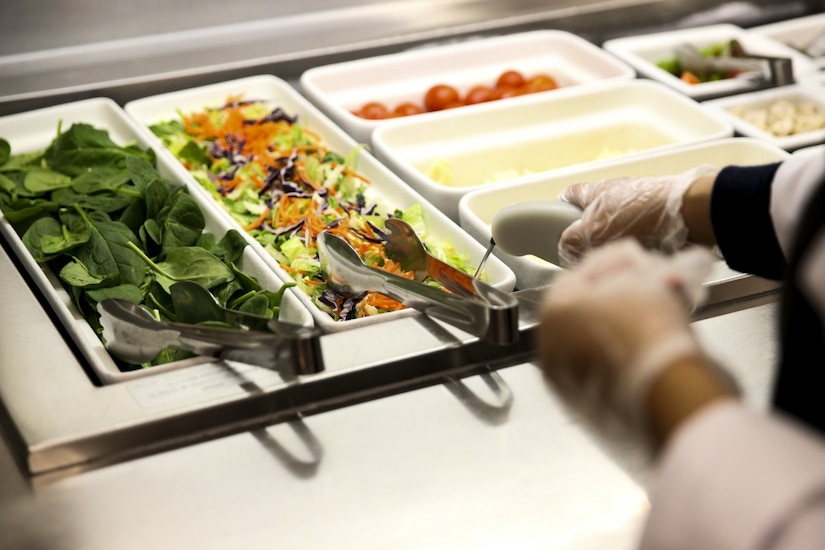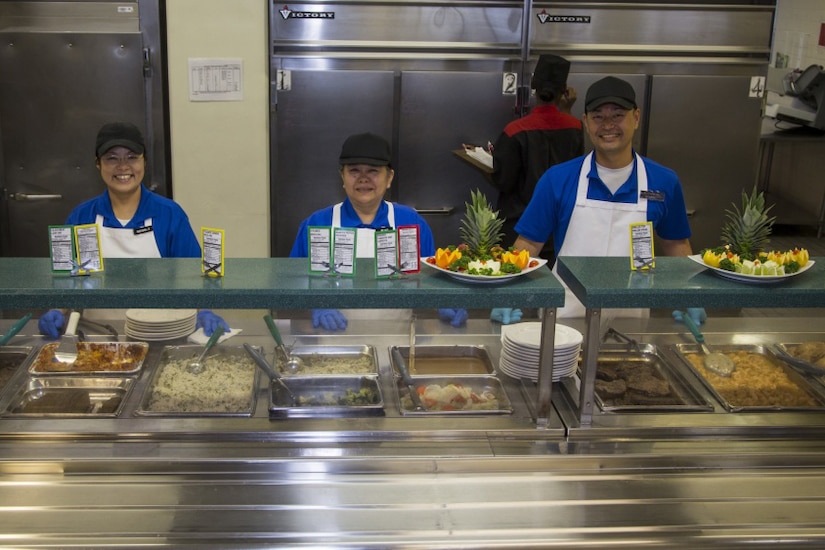July 27, 2021 | , DOD News
Patricia Montes Barron discussed "Food Security in the Military: What We Know and Why It Matters," at CSIS today. The U.S. Department of Agriculture defines food insecurity as a lack of consistent access to enough food for an active, healthy life. Those serving on active duty, in the military reserves or in the National Guard experienced food insecurity at double the national average in recent months, according to nationwide surveys. And anecdotal evidence points to heightened rates of food insecurity among U.S. veterans during the COVID-19 pandemic, reports show.

Barron said her office has been hard at work since April to develop a plan for the Defense Department that everybody can wrap their arms around. "We've also started to work with the USDA, and we've just gotten approval to work with the Census Bureau on a military family focus panel," she added.
Food insecurity is one of Secretary of Defense Lloyd J. Austin's III high priorities, she said. "He wants to make sure we're addressing this and getting to it as quickly as we can … [via] Congressional interest, as well as discussions with [the White House's initiative] Joining Forces," she noted.
"We are gathering data and analyzing relevant statistics, which are going to help us better scope the problem," Barron said. "And while my office is taking the lead, we can't do this alone. We need all of DOD and other federal agencies to work together with us."
Trained members of the Military Family Life Counselor Program will help with assessment tools to assist MC&FP in determining if people counselors deal with need nutritional support, she said, adding that the DOD Federal Financial Readiness Office is also developing an assessment tool and will work closely with MC&FP to make sure families know what financial resources are available.

Barron said proper nutrition is vital for readiness and national security . "[If] you are not getting nutritious food, you're not feeding your body and you're not feeding your mind to do the very best that you can do," she said.
"[We're] asking our service members and their families to basically go where they need to go live, give up jobs for spouses," Barron said. "[And] we ask an awful lot of our families, and especially our children who have to move from place to place. Shouldn't we provide them with the very best care that we can? A military family should not have any challenges with food. …We have a plethora of resources; we just need to make sure that our families are aware of them and can take advantage of them."
She said food insecurity is an individual experience, but it's also a family, community and national experience, too. "And if you're not at your best, if you're worried that your family isn't getting enough to eat or if you're worried your family isn't getting the right types of things to eat, that can really impact the overall presence of service members trying to do their jobs and their missions."








No comments:
Post a Comment